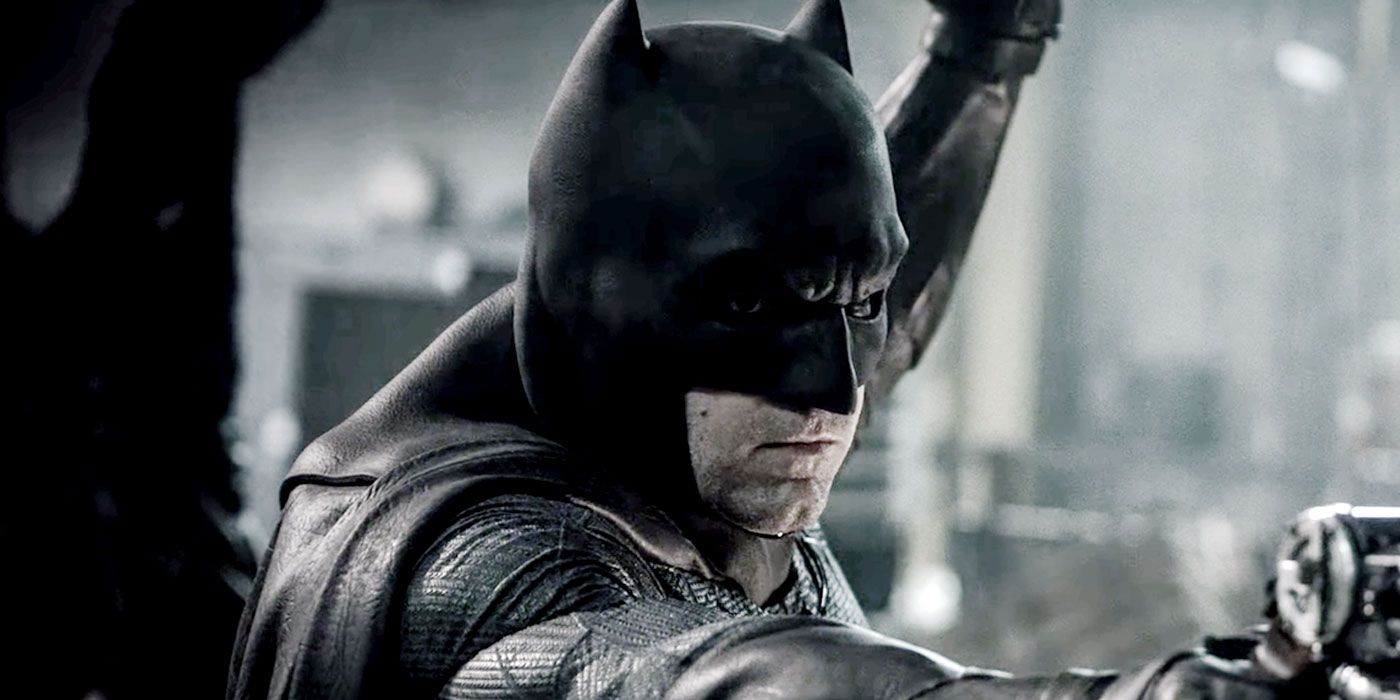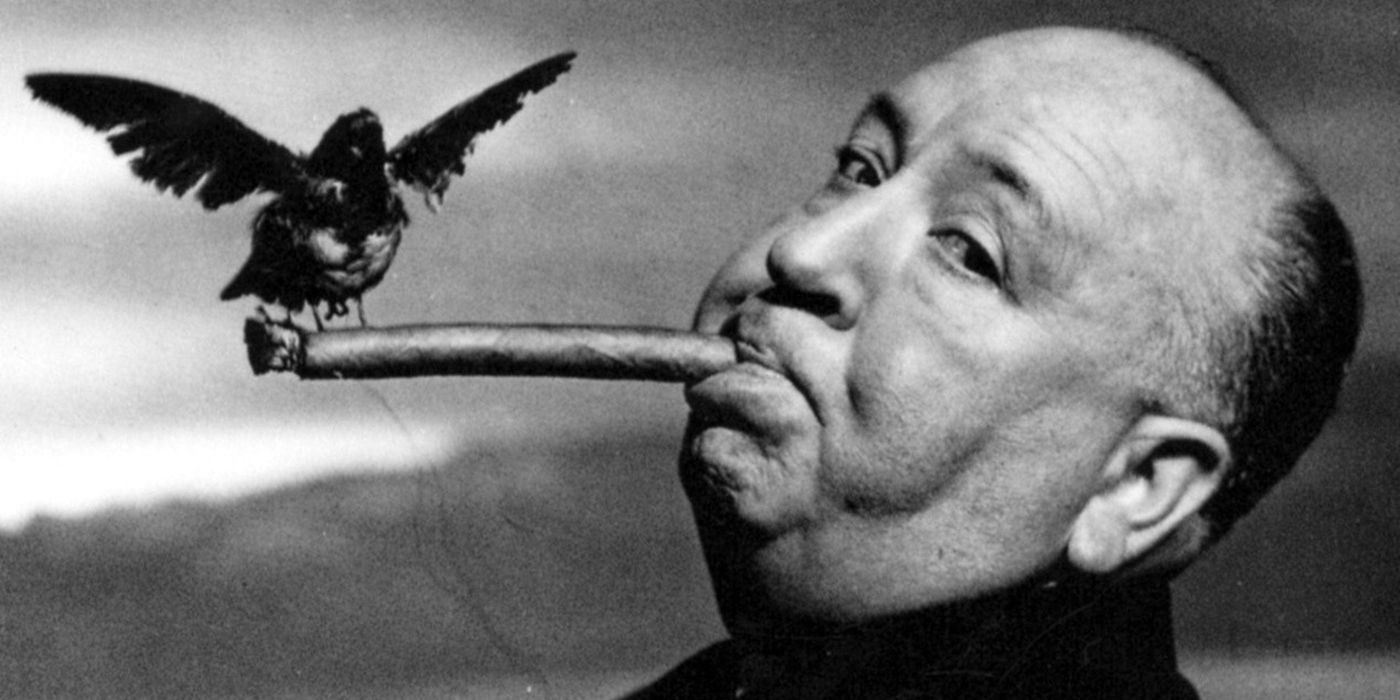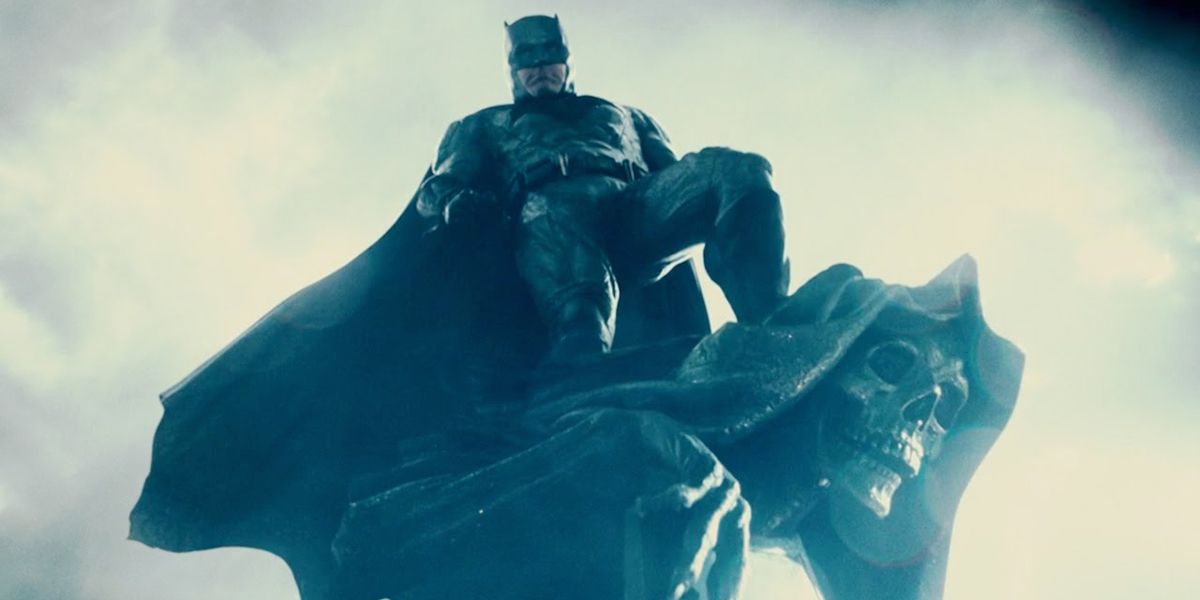From the tongue-in-cheek camp perfected by the late Adam West's portrayal, to Tim Burton's horror/fantasy takes of the late eighties and early nineties, followed by Joel Schumacher's two, uh, colorful movies, to the hardened realism of Christopher Nolan's Dark Knight trilogy, Batman has seen almost every conceivable variation over the years in film -- so much so that critics now often claim the character has hit a wall. Among the chief complaints voiced during DCEU's initial rocky rollout was that Zack Snyder's Caped Crusader basically amounted to an amped-up version of the one found in the preceding Nolan movies. Last year's Batman v Superman: Dawn of Justice featured a Crossfit-training, incredibly dour and brutal Bruce Wayne that's more in line with Frank Miller's iconic, tortured iteration than anything else, and while the Justice League trailers appear to hint at a bit of a lighter tone, it'll be surprising to see a sudden, major change in Batfleck's demeanor so quickly. As Matt Reeves gets to work directing the first standalone, he might not only be able to continue DCEU's current course correction after the massively well-received Wonder Woman, but portray Batman in one of his most fundamental -- and somehow still underutilized -- roles.
RELATED: Batman Rebirth, Year One: A Look At Tom King’s Bat-Epic, So Far
This past week, Reeves spoke with reporters multiple times about what he hopes to bring to The Batman -- namely, a noir tone coupled with Alfred Hitchcock's nuanced methods of suspense.
"There’s a chance to do an almost noir-driven, detective version of Batman that is point-of-view driven in a very, very powerful way, that hopefully is going to connect you to what’s going on inside of his head and inside of his heart,” Reeves said in one interview, while adding in another, "“I want to make sure you are experiencing something from the perspective of the main character in the story. I’m a huge Hitchcock fan — I like the idea of being immersed in that perspective."
It makes a lot of sense, even if movie incarnations placed that aspect of Bruce Wayne on the back-burner for decades now. Batman debuted in Issue #29 of what a series titled Detective Comics, after all, with Bob Kane and Bill Finger creating the character back in 1939 to fill demand for more caped heroes following the massive success of Action Comics' Superman. The result, of course, was "The Bat-Man," billed as "The World's Greatest Detective" from almost the beginning, whose sleuthing abilities were only matched by his physical prowess and access to all manner of high-tech bat-gadgetry.
Since his modern blockbuster debut in 1989, Batman has progressively shed the "detective" component of his character in favor of the larger theatrics that almost invariably come with superhero movies. There's generally some sense of mystery, such as finding a villain's identity or motive, but from Burton's Batman all the way to The Dark Knight Rises, the big screen Bruce Wayne is more of an ass-kicking action star with a noir-minded tailor than any kind of comic book Sherlock Holmes. Last we saw in Dawn of Justice, the Caped Crusader's detective work basically just boiled down to Wikipedia-ing his fellow superheroes.
RELATED: Yes, A Watchmen TV Series Could Actually Work – Here’s How
A costumed hero doubling as a skilled private investigator admittedly does seem a bit strange at first glance -- which might explain why some filmmakers have downplayed it -- but in his best incarnations, it's the facet that makes Batman the most human. Strip away the theatrics, the martial arts, and the money, and you're left with a man whose greatest power is his insight into the world around him, despite an inability to truly look inward and process his own traumatic past. Clark Kent can literally see through walls, Diana Prince wields a Lasso of Truth for answers, but only Bruce Wayne relies primarily on his ability to read people and the clues they leave behind.
Matt Reeves proposing Batman's return to claiming the title of "World's Greatest Detective" would mercifully break this increasingly boring trend, especially for a character that suffers from franchise fatigue more than almost any other. Studios are slowly learning that while a safe bet can almost always be found in a boilerplate "save the world" storyline, comic book films that take chances can do just as well, if not better and to wider acclaim. Be it Deadpool's hard-R material, Logan's genre-melding (and also hard-R material), and Wonder Woman's departure from self-aware irony in favor of genuine earnestness, it's proof that audiences still crave innovative approaches to classic material.
Without doubt, some of the most resonant and classic Batman tales are those hinging on his detective capabilities. Jeph Loeb and Tim Sale's The Long Halloween gave readers an excellent spin on the serial killer trope, Alan Moore and Brian Bolland's iconic and troubling The Killing Joke featured Batman trying to solve a kidnapping in a race against time, and more recently, Tom King and Mitch Gerard's insta-classic one-shot The Brave and the Mold centered on a simple, emotionally haunting murder mystery (and Swamp Thing). Even more, this week's Batman/Elmer Fudd mash-up is surprisingly no exception. The best example of all, however, might be found in Batman: The Animated Series, a show that many fans still argue is the undisputed best adaptation. For a generation of viewers, Kevin Conroy and Mark Hamill's voice work soundtracks any subsequent comic book readings involving Bruce and the Joker. The Animated Series consistently nailed the Dark Knight's noir roots perhaps more than any other iteration, if not always story-wise, then certainly aesthetically. More than almost anything else, it's the cartoon's tone and stylistic flourishes that make it as distinctive as Burton's fantastical Gotham or Nolan's real world-rooted adaptations.
RELATED: The Batman: Warner Bros. ‘Really Excited’ About Matt Reeves’ Idea
Like any superhero film franchise, Batman has seen its ups and downs over the years, and some of its best examples are also the best within the entire genre. Only recently have studios begun taking the slightest of risks when it comes to their comic book properties, but what's more, they're proving consistently successful. After decades of directors and writers chipping away a cornerstone of the character, Matt Reeves is in a unique position to explore one of the most overlooked routes for Batman in films -- that of a noir-influenced detective. If he manages to pull it off, audiences could see a side of the Dark Knight -- in some ways his most human side -- that's been absent for too long a time.



